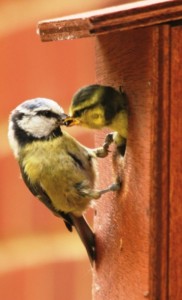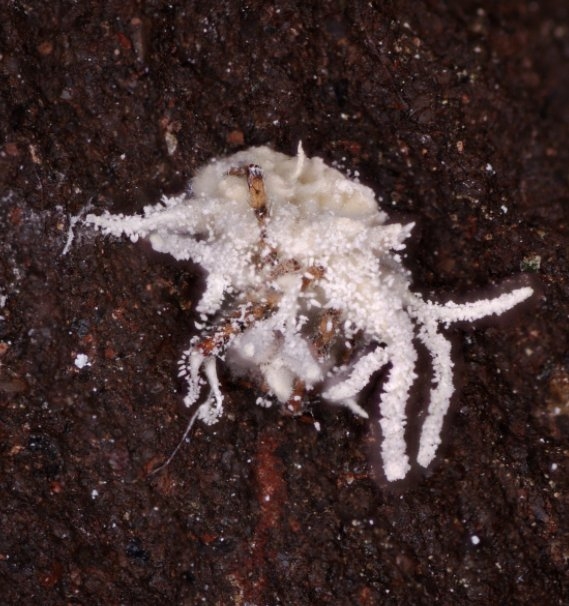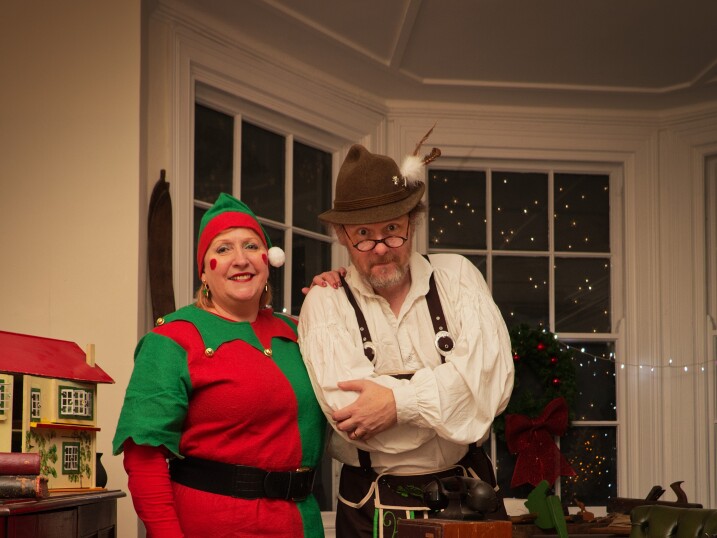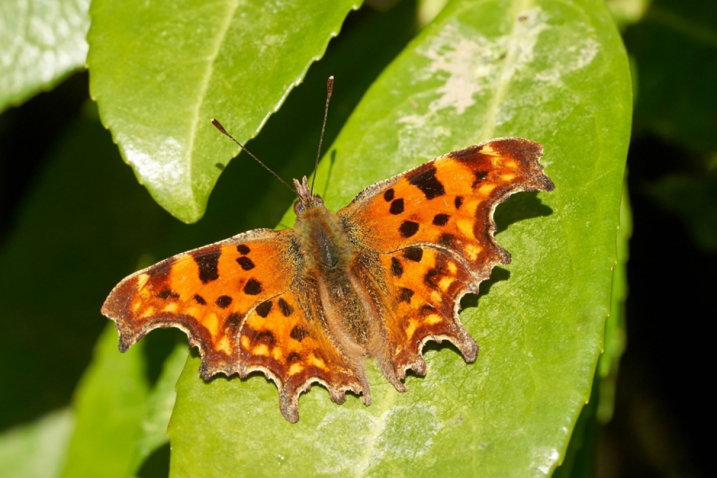Festival of Gardening for Wildlife
WWT Castle Espie will be celebrating gardening for wildlife throughout March by inspiring the community to make the most of the smallest patch of outdoor space and offering advice on how to entice wildlife into your garden. The Festival of Gardening for Wildlife is sponsored by NFU Mutual.
Week 1 – Advice on Feeding Birds
Hampered by last year’s cold winter garden birds such as great tit have suffered considerably. They need all the help they can get to flourish throughout the coming seasons. Feeding birds in your garden is an ideal way to enthuse children about wildlife. It provides an ideal opportunity to bring them closer for you to marvel at their fascinating behaviour and wonderful colours. Supplementary feeding can't provide all the natural proteins and vitamins that adult birds need at this time of year, so it's important to create and manage your lawns, shrub and flowerbeds to provide a source of natural foods as well. Also putting out fresh water every day allows the birds to drink and preen themselves to keep their feathers in great condition. If you provide both natural and supplementary food, your garden will be visited year-round by a host of different birds whether you have a tiny urban countryside or a large estate
Make a bird feeder at home
 It is very simple to create a bird feeder at home and it is a great activity for children to do. You simply need some lard, bird seed and something that you can safely press the lard into. Pine cones or logs with crevasses are ideal to do this. You take about a third of lard to two thirds of seed and mix it all together like dough, then cover your pine cone. If you attached some string you can hang it up in your garden to watch the birds. If you choose to feed bread to birds, ideally it should be brown bread as white bread fills their stomachs and they receive very little nutrients from it – this is especially important for any ducklings you may come across.
It is very simple to create a bird feeder at home and it is a great activity for children to do. You simply need some lard, bird seed and something that you can safely press the lard into. Pine cones or logs with crevasses are ideal to do this. You take about a third of lard to two thirds of seed and mix it all together like dough, then cover your pine cone. If you attached some string you can hang it up in your garden to watch the birds. If you choose to feed bread to birds, ideally it should be brown bread as white bread fills their stomachs and they receive very little nutrients from it – this is especially important for any ducklings you may come across.
Castle Espie will be hosting a series of garden related events including; Den Building on Saturday 17 and Sunday 18 March at 11am & 2pm. Kids will, with on hand expert advice, build their own play den in our woodland with only branches, string, and leaves. Learn the basics to make a variety of dens in your very own garden or during a woodland ramble. Join us on Saturday 17 March for the Return of the Owl Man (12noon to 4.30pm) who will bring a selection of Owls along with his rehabilitated hedgehogs. A firm favourite at Castle Espie!
Wildlife in your Garden Weekend, Saturday 24 & Sunday 25 March (10.30am – 4.30pm) which will include a series of interactive walks, talks, stalls and demonstrations. Learn about identifying garden plants and tips to maintain them. Conservation Volunteers NI, Butterfly Conservation NI, BTO, Castle Espie Birdwatch Club, Belfast and District Beekeepers Association and Philip Allen, permaculture expert will be on hand giving advice on making gardens sustainable, identifying garden birds and butterflies. Castle Espie Art Gallery will feature the exhibition ‘Glimpse of Nature’ by local wildlife artist Lorna Hamilton. All events are included in the cost of admission. For more information about WWT Castle Espie, please visit wwt.org.uk/castleespie, email maeve.curran@wwt.org.uk or call 028 9174 146. Follow us on Twitter @WWTcastleespie.
Become a WWT member when you visit and not only will you get your entrance fee refunded, but you can then enjoy great days out for a full 12 months for FREE. Our centre is open 364 days a year and with annual family membership only £66 for two adults and up to six children (or just £5.50 a month, plus a free book for joining by Direct Debit) it ‘pays for itself’ after just three visits. Members also receive an exclusive quarterly magazine, Waterlife, which keeps you up to date on what’s going on at all nine WWT UK wetland centres and has information about WWT’s exciting conservation projects saving species from extinction and caring for important wetlands around the world. Ask a member of staff or visit http://www.wwt.org.uk/become-a-member/ for details



